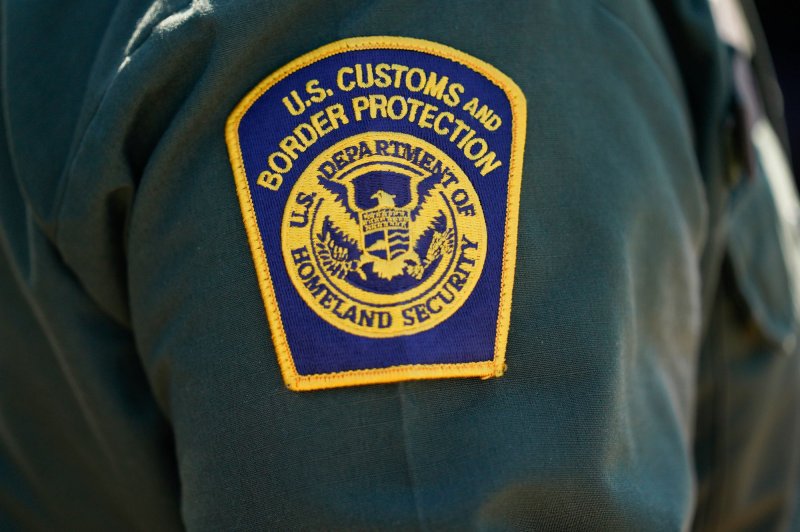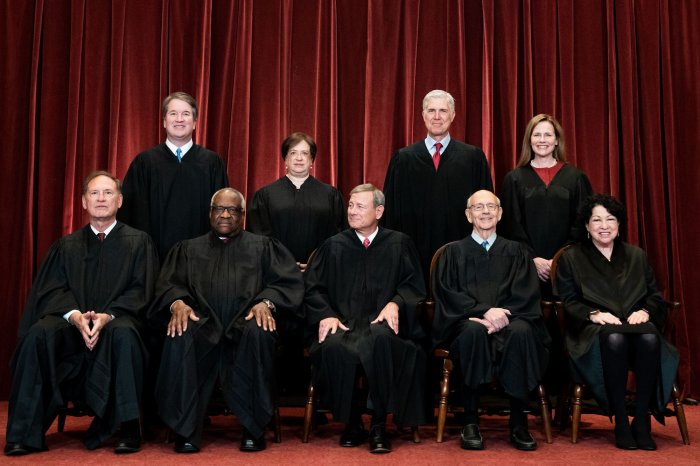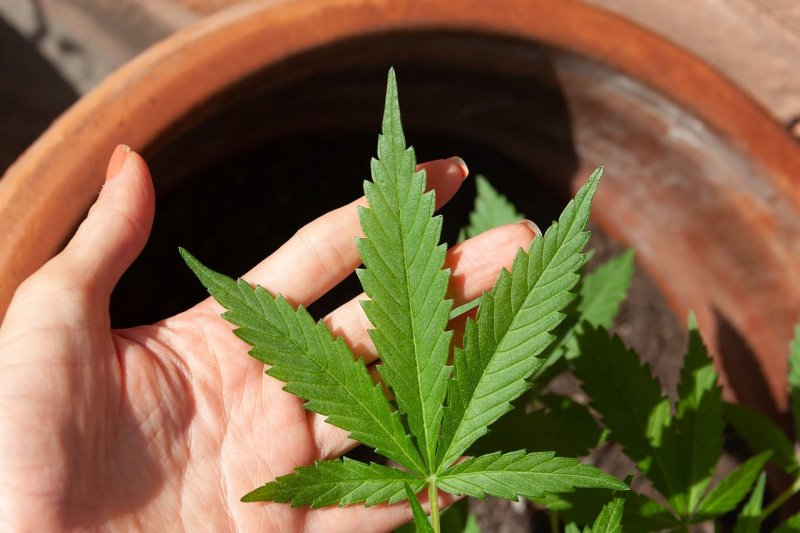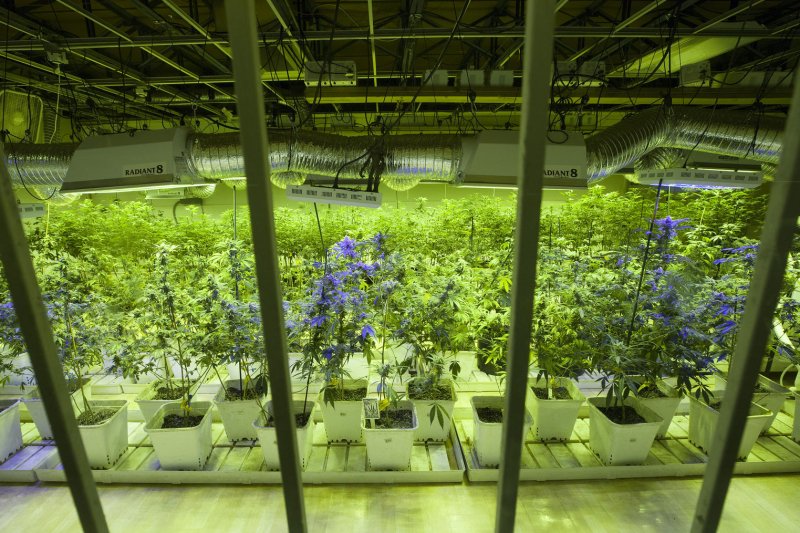THE POVERTY OF STUDENT LIFE
Lebanon's banking crisis keeps students from going abroad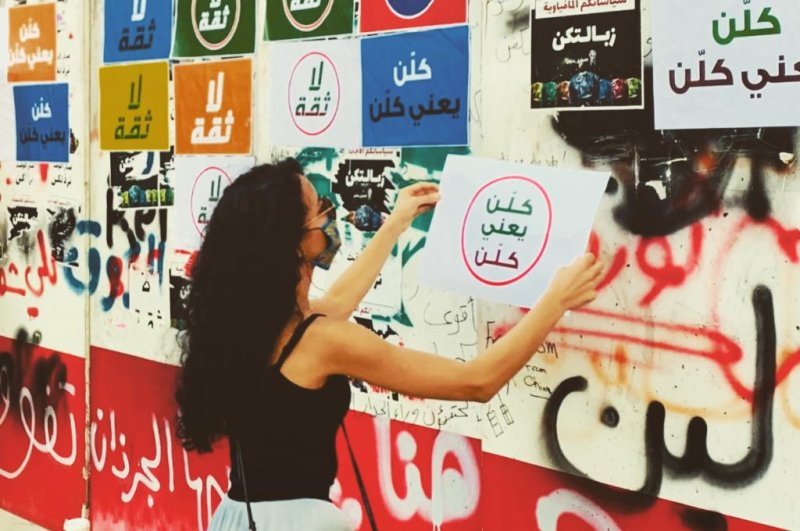
Shirine Khaled, a communications arts graduate from the Lebanese-American University in Beirut, was accepted into a master's program at The New School in New York, but her bank has rejected her requests to transfer funds she needs to attend. Photo courtesy of Shirene KhaledBy Dalal SaoudBEIRUT, Lebanon, June 30 (UPI) -- Seeking higher education abroad has become out of reach for many Lebanese university students. With their savings accounts blocked by the banks since the latest financial crisis started in 2019 and the collapse of the Lebanese pound, families have been unable to pay the tuition.It's another ugly side of Lebanon's multifaceted crisis, which has pushed half the population into poverty, struggling to secure basic needs.Parents, who have been saving for their children's education for years and lost it to the banks, have spared no effort to prevent their eviction from overseas universities. Some have organized protests outside Lebanon's central bank and private banks and exerted pressure on politicians.In October, the parliament passed a law, which became known as the "Student Dollar" law, forcing the commercial banks to transfer up to $10,000 a year at the official rate of 1,515 Lebanese pound to the U.S. dollar to cover tuition and expenses for students who were studying abroad before 2020-21.
(The U.S. dollar reached 18,000 LL over the weekend, with the Lebanese pound losing 90 percent of its value since 2019).
But their ordeal was not over. Fighting with the banks continues, as many complained foreign transfers remain heavily restricted.
Dina Abou Zour, a lawyer with the Depositors Union, which advocates for Lebanese bank depositors, said not all the banks abided by the "Student Dollar" law, prompting some parents and students to file suit.
"Even the law is no more protecting people's rights. We don't know how the judiciary is dealing with those lawsuits, sometimes delaying its decisions so not to rule on these cases," Abou Zour told UPI, noting that the Depositors Union's legal committee has filed nearly 100 lawsuits on behalf of students studying abroad.
"A great number of students and parents were hesitant at the beginning, but when they became desperate, they decided to file a lawsuit, even though their bank threatened to close their account if they would do so," she said.
Some banks, she explained, eventually were forced to transfer the money, while properties of at least two others, which continued to refuse to abide by the law, were seized.But not all Lebanese overseas students were as lucky. Some 20 of them enrolled in universities in Russia and Belarus were kicked out when they could not transfer money to cover their fees."For those, we are preparing lawsuits so that the banks, which deprived them from pursuing their studies, pay them compensation," Abou Zour said. "It is so unfair... The banks are acting randomly and in a discriminatory way, making transfers to some and not others, while refusing to bring their money deposited in correspondent banks abroad to help solve the issue."Elie Jabbour, a 23-year-old Lebanese math and mechanics student at the Sorbonne University in Paris, has been fighting with his bank for more than a year."Even when the parliament passed the law, the bank where my parents have a savings account continued to refuse sending me any money, so we decided to sue it," Jabbour told UPI in a phone interview from Paris.After six months of delay due to the spread of the COVID-19 in Lebanon and subsequent lockdowns, the judge working on his case ruled in his favor."The law was clear, and the bank swiftly transferred $10,000 to my account in France," he said. "That amount would cover my 2020-21 academic year, and I am trying to live on it as long as I can, so I would cover my 500 Euro monthly expenses and have some money spared for next year."At some point last year, Jabbour was desperate and seriously thinking of packing and returning home. Now, he is encouraging his fellow Lebanese students in France to sue their banks.
Battle for fundsShirine Khaled, a communications arts graduate from the Lebanese-American University in Beirut, decided to pursue her master's degree with the outbreak of the coronavirus pandemic in early 2020.A distinguished student, Khaled won a President's Scholarship from The New School, a private research university in New York City, covering 75 percent of her fees. Thrilled for being accepted at the school, whose famous alumni include Marlon Brando, Tennessee Williams and Bradley Cooper, she soon realized that she won't be able to even cover the $500 deposit.Her battle to transfer her tuition fees has just started. While The New School waived her deposit fee -- as it did for other students due to the pandemic -- and offered her an easy payment plan, the banks in Beirut kept rejecting her transfer requests.Khaled refused to be intimidated and insisted on meeting top bank executives to plead her case and tell them, "This is a lifetime opportunity, and no doubt you are making exceptions to the politicians' children."She managed to cover part of her tuition, succeeding in convincing one bank owner, a woman who "happened to be very passionate about art," and completed two semesters online. But Khaled could not further delay traveling to New York for her practical courses.With finally her visa in her pocket, she had to engage in a new round of negotiations with the bank over a $4,000 transfer for the university and $3,000 to cover expenses for three or four months."The worst I heard from some bank employees is 'Sell your gold,' or, 'You chose to pursue your master degree in such circumstances,'" she told UPI angrily.
Shortage of moneyIn fact, bank employees are also helpless and are bearing the brunt of the depositors' anger over their blocked bank accounts.A senior banking industry source said the banks are not completely responsible for the crisis and the "disappearance" of the depositors' money."They are putting the depositors against the banks, while the main problem is somewhere else," the source told UPI on the condition of anonymity. "It is no more an issue of who's right or who has rights...It is about the fact that that's how much money is left."Banque du Liban, Lebanon's central bank, whose losses were estimated at $50 billion, has barely $15 billion left as required reserves. However, it is bowing to pressures by the country's ruling leaders to keep funding a subsidy program at the expense of the depositors' savings.The source explained that $80 billion of the banks' estimated $110 billion-$120 billion in deposits are with the central bank, and they don't have access to the funds. Even the estimated $3 billion-$4 billion raised by the banks to boost their capital by 20 percent is not enough to restore depositors' money in the absence of any recovery plan that would help the heavily indebted country address its multiple troubles and open the door for outside financial assistance.The overseas students were the only ones to benefit from a law that helped ease their ordeal and establish a legal framework for penalizing violators.In April, the Association of Banks in Lebanon confirmed that $240 million has been transferred during the 2019-20 and 2020-21 academic years to 30,000 Lebanese students studying abroad who met the applicable conditions."But still, there is no capital control law and no comprehensive plan to rescue the country," the banking source said. "But what is more urgent: the issue of the students studying abroad or importing wheat? How fair and ethical to pay in foreign currency for this or that? That needs to be more organized."But Khaled is not willing to give up on her dreams and, like Jabbour and many other students, she will continue to fight for her rights and "a better future."





